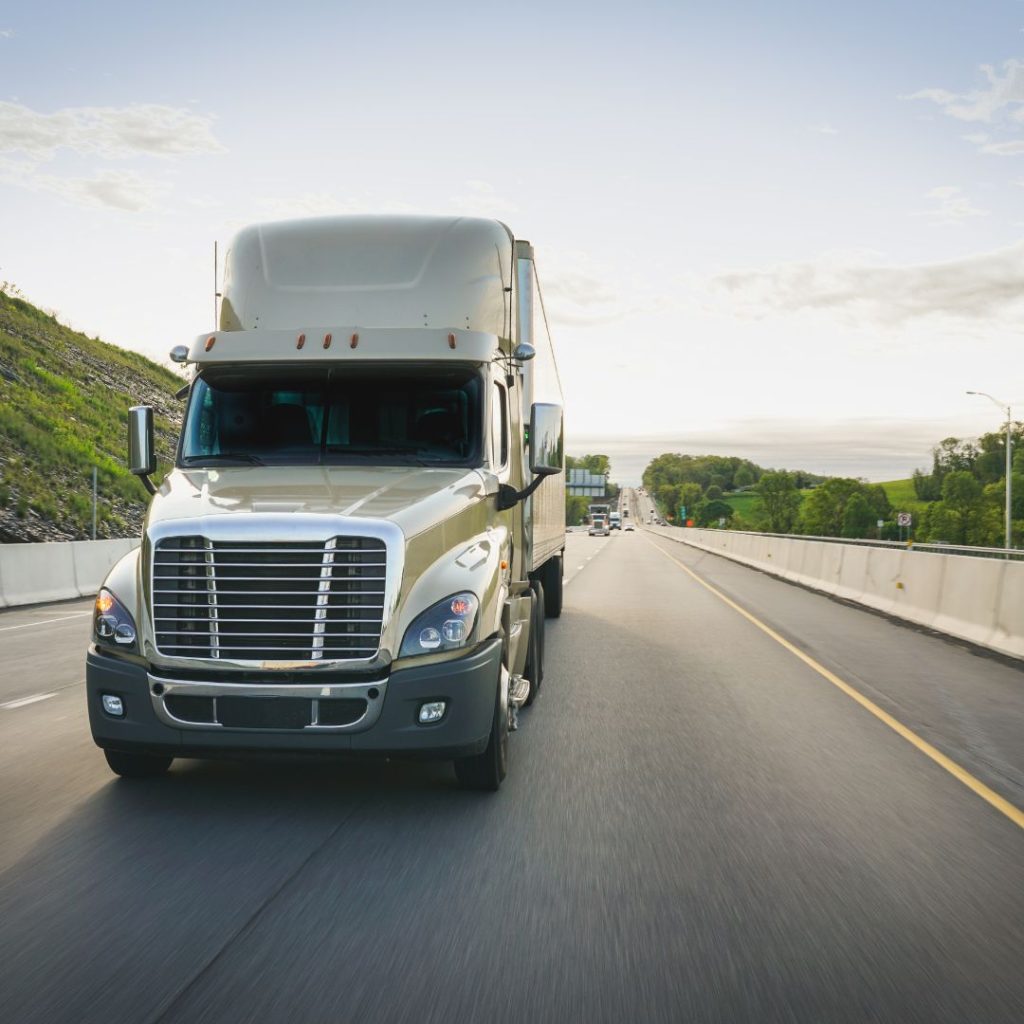
The Advanced Clean Cars II (ACC II) regulation requires vehicle manufacturers to sell an increasing percentage of new zero-emission light-duty vehicles starting in 2026, reaching 100% new sales by 2035. This regulation will result in crucial public health, environmental, and economic benefits for Connecticut residents. Big rigs, delivery vehicles, buses, and even garbage trucks are the source of some of our most dangerous air pollutants. The ACT rule works year-over-year to gradually increase the supply of zero-emission trucks and buses, diesel trucks and buses will continue to be sold in Connecticut. The HDO rule would ensure that diesel vehicles sold during the transition to zero-emission vehicles are as clean as possible by limiting toxic air pollution from these diesel trucks and buses and requiring that new diesel trucks reduce their NOx emissions 90% by 2027. Together, the ACT and HDO regulations will result in crucial public health, environmental, and economic benefits for Connecticut residents. It is vital for Connecticut to adopt the ACT and HDO rules this year to avoid missing a model year and the associated public health, environmental, and economic benefits.
Adopting the Advanced Clean Truck (ACT) and Heavy Duty Omnibus (HDO) standards will save lives, especially in our most vulnerable populations. To cut harmful air pollution and meet Connecticut’s goal of reducing greenhouse gas (GHG) emissions by 75-85 percent below 2001 levels by 2050, Connecticut must adopt the ACT and HDO rules as quickly as possible.
Low-income communities and communities of color suffer an especially unfair burden of fuel costs and harmful pollution, having suffered generations of systematic marginalization. Families on a budget spend as much as 20% of their income on fuel, and that percentage spikes when gas prices spike.
Adopting the ACC II rule will ensure that car manufacturers accelerate their production of pollution-free cars, cutting pollution in frontline communities – a critical step toward achieving environmental justice.
Low-income communities and communities of color bear an unfair burden of medium and heavy-duty truck pollution, having suffered generations of systematic marginalization that forces frontline communities to live closer to warehouses, transit centers, and highways.
ACC II & ACT In The News:
https://www.ctpost.com/opinion/article/opponents-new-proposal-need-plan-own-18483251.php
